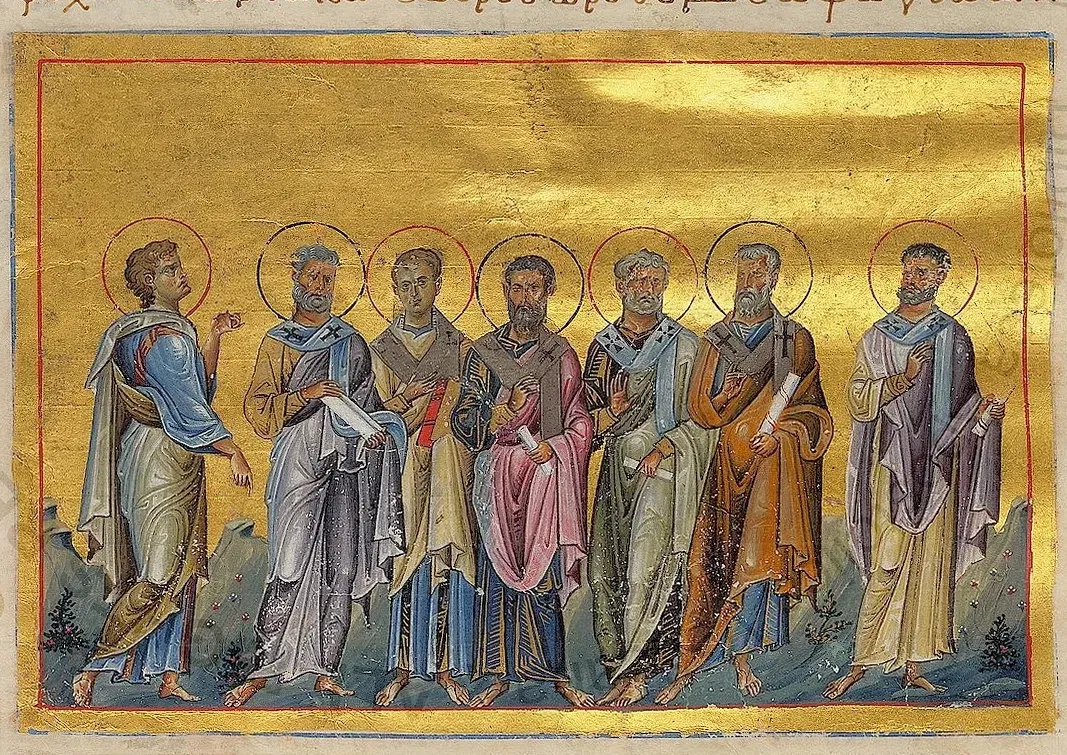Tychicus a beloved brother

But that ye also may know my affairs, and how I do, Tychicus, a beloved brother and faithful minister in the Lord, shall make known to you all things: Whom I have sent unto you for the same purpose, that ye might know our affairs, and that he might comfort your hearts. Eph. 6:21-22
Who was Tychicus? He is mentioned in four passages in the Bible, excluding this one: Acts 20:4; Col. 4:7-9; Tit. 3:12; 2 Tim. 4:12. When you put these verses together, what emerges is a picture of a man who was obviously a trustworthy servant of God. Paul probably sent him to relieve both Timothy at Ephesus and Titus in Crete. So he was someone Paul could trust to carry on the work of guys like Timothy and Titus in their absence. Like them, he could act at times as an apostolic representative. It is also possible that he was a native of Ephesus, since he is said to be from the Roman province of Asia (where Ephesus was), and is linked to Trophimus who is explicitly called an Ephesian in Acts 21:29. Tychicus also probably served as Paul’s postal service in carrying no fewer than five different epistles of Paul to various locations (Colossians, Philemon, Ephesians, 2 Timothy, and Titus).
If Tychicus was from Ephesus, then you could say he was bringing the gospel home. There, he would not only share the news of Paul’s health and goings on, but also minister to them himself with words of encouragement (ver. 22). But the point here is that all this happens through the ministry of people like Tychicus. Paul wrote the epistle, but it would have never made it to the Ephesians without the service of Tychicus.
We can never separate the truths of God from the people of God. It is because those who bring the word commend the word only so far as they are willing to live by the word. The word of God does not simply live on pages in a Bible. It lives in the lives of the followers of Christ. And that is why the description of Tychicus is so important here. He is called “a beloved brother and faithful minister in the Lord” (21).
He is first of all “a beloved brother.” Paul loved him. And it’s obvious that he must have loved Paul. But by describing him this way to the Ephesians, Paul is saying that this man is someone any Christian could love. He is not the kind of Christian that you want to avoid being around. He was not one of those difficult people who are always creating problems for others to fix. He was someone who invested in others, who thought about others, who served others.
Which leads to the second way Paul describes him: “a faithful minister.” Now the word here is not a term designating a person who is in “the ministry” as we use the term today. It’s the more general word for service – in fact, the word here is diakonos, though it doesn’t refer to the office of a deacon either. A diakonos was a person who served others. And that is what Tychicus did. Sometimes he did it by carrying Paul’s letters to various churches. Sometimes he did it by serving as a temporary pastor in a place. Sometimes he did it by simply encouraging others with the word of God. But the point is that this was not a man who lived for himself – like his Lord, he did not come to be served, but to serve. It was the life of a man like this, one who characterized the truths of Ephesians, that made its message more plausible.
And so we too need to be like Tychicus. We need to be people who bring the word to others. Sometimes this means bringing the word to a non-believer by sharing the gospel. Sometimes this means bringing the word to fellow believers by teaching truth and reminding and exhorting and encouraging them to live out its truths. And above all we need to be people who live out the word. Knowing the doctrines and exhortations of this letter will do us absolutely no good unless we put it into practice. Epistles like Ephesians were not written to be merely understood and studied. They were written to help God’s people live out the kind of life that is appropriate for those who are saved by grace through faith. May each of us be like Tychicus, beloved and faithful.